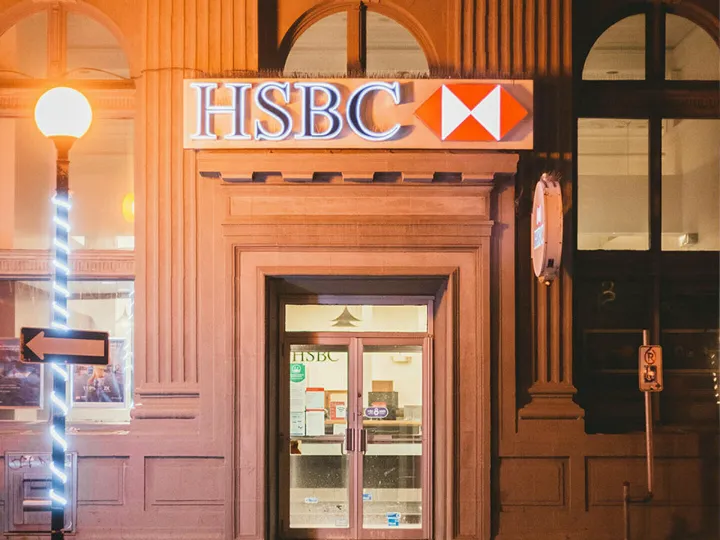Banks, immigrants and the Catch 22
You might have a great salary, the latest smartphone and a nice place to rent, but if you're an immigrant to the UK and don't have proof of address via a British Gas bill – the gold standard of ID in England – then you'll struggle to open a bank account or get credit. We're all familiar with the Wise story, but today we look at another Estonian-origin business called Monese. The UK digital bank was founded in 2015 by Estonian immigrant and entrepreneur Norris Koppel, who found himself unable to get a bank account or credit after moving to the UK. So he set up his own bank for immigrants, which had hopes of becoming a unicorn, only to run into the challenge of the UK leaving the EU and limiting the bank's European ambitions. HSBC took a 5% stake in 2022 but then sold it on after launching its own cross-border payments app Zing (which it later closed). But it must have seen something it liked in the immigrant bank model, which was after all the origin of Bank of America. Now HSBC is investing in Zolve, a neobank for immigrants to the US which uses home country data to score people for credit, and solve the problem (we see what they did there) of allocating credit to people without a local credit history. "Since launching in 2021, the company has signed up 750,000 customers for whom it has moved over $12 billion," reports Finextra. "It hit customer-level profitable in early 2024 and is on track for company-level profitability by the end of 2025. With financing in place, Zolve is planning to launch in Canada, followed by the UK and Australia. It is also expanding its credit portfolio by launching auto loans, personal loans, and education loans. 'The financial system isn't designed for mobility,' says Raghu G, CEO, Zolve. 'When talented people move countries, their financial history is erased overnight. We're changing that by giving global citizens access to credit and banking from the moment they arrive'."
Lafferty Group
Contact Us
enquiries@lafferty.com
caroline.hastings@lafferty.com
The Leeson Enterprise Centre
Altamont Street
Westport, Co. Mayo
Ireland
F28 ET85

